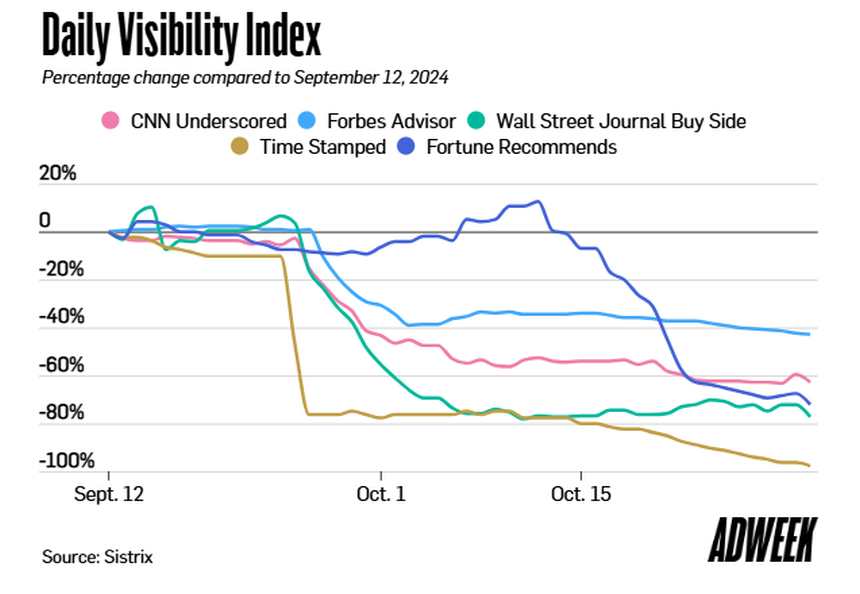Google intensifies crackdown on sites publishing ‘parasite SEO’ content
Posted On November 19, 2024
0
2.4K Views

Trending Now
Top Tech News Today, January 26, 2026
January 26, 2026






